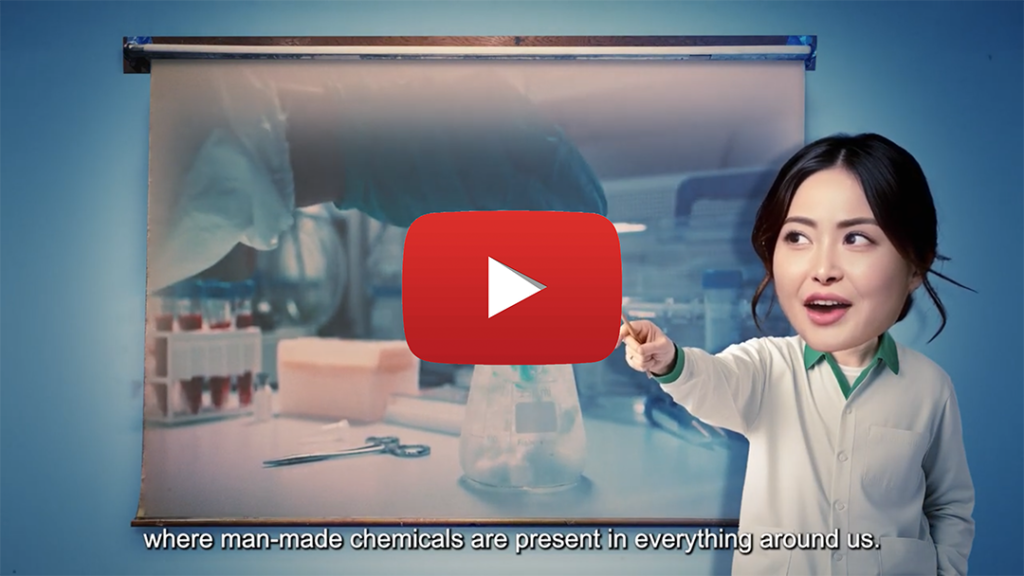‘New asbestos’ warning to chemical sector from investors
“PFAS chemicals are the new asbestos”. This stark warning was issued in mid-November in a joint letter to the chemical sector by 54 world-leading investment firms with over $10 trillion in assets. Bottom line: Investors see huge financial implications from PFAS pollution.
Top producers and the staggering societal costs of PFAS pollution
Only 12 companies account for a majority of the PFAS production in the world. But they’re not making huge profits.
What’s huge are rather the costs for society. The global societal costs of PFAS chemicals amount to a mind-boggling €16 trillion per year. This was revealed in a ChemSec report earlier this year.
We tested EU politicians’ blood for PFAS. Here’s what they said
ChemSec was in Brussels in September to put a needle in some parliamentarians! But we weren’t playing Dracula just for fun, we were there to test their blood for “forever chemicals”.
Have a look at what some of the tested MEPs had to say about PFAS and why they wanted to test their blood.
ChemSec helps businesses map PFAS hotspots with online tool
In February, ChemSec launched the PFAS Guide. A new online tool to help companies investigate the use of persistent chemicals within their businesses, uncovering different PFAS uses and functions and providing guidance on different aspects of the phase-out process.










